Women's empowerment via microfinance: Why removing challenges makes perfect sense
Microfinance is one such sector which is an impactful medium aimed at reducing poverty, empowering women, and helping them deal with socio-economic disappointments.

Over the years governments, donors and NGOs have opened and executed programmes aimed at empowering women economically and socially. Microfinance is one such sector which is an impactful medium aimed at reducing poverty, empowering women, and helping them deal with socio-economic disappointments. Microfinance programs have enabled thousands of women to use small sums in creative and successful ways to develop livelihoods, improve their families' well-being, and build up savings.
In the current prevailing circumstances of credit crunch, it has however become difficult for Women to access business loans at affordable rates. This is a roadblock for the women entrepreneurs to meaningfully make a difference to their lives.
The main factors that continue to create a roadblock to women entrepreneurs from finding access to funding and capital for their businesses are first, financial institutions. Product and process standardization has led to certainty for the lenders but is often proven that such an approach leads to credit which is inadequate to the livelihood activity. To meet the unmet demand, women tend to borrow from self-help groups, friends, and family or even money lenders. Multiple loans to support a single livelihood leads to defaults. In such scenarios, lenders often want to be “first in the line” to collect repayments.
See Zee Business Live TV streaming below:
Second, the underwriting approach is usually Joint Liability based and hence the quantum of credit is often less than what is needed for the livelihood activities. Guarantees from a male member of the household has its own associated social and cultural issues.
Finally, past repayments in the form of a credit score becomes the only basis to lend. While many other data points are collected, credit score is the biggest indicator for someone to get access to credit. It does not do justice to ‘what can be achieved’ considering the livelihood potential that the women borrowers are invested in.
Microfinance institutions, with their last mile physical connections, can help the Women entrepreneurs:
1] Decentralising the product design. Mass customization of the products based on nuanced and hyperlocal underwriting frameworks can significantly help. The customized offerings will require deep understanding of the input, throughput and output linkages associated with a specific livelihood value chain;
2] A Phygital model. Nourishing a BC model for providing assisted doorstep services and nudging women entrepreneurs to move towards ‘self-serve’. There is enough body of research that highlights, women in rural areas are fast at learning, adapting and willing to experiment/ change to access lower cost of credit;
3] Bank linkages. Accessing the digital footprint of the women entrepreneurs through Bank linkages. Financial institutions can insist on not only disbursements but even collections through Bank accounts. Using the “phygital” infrastructure this can be achieved;
4] Financial Literacy. Education, awareness, and contextual information promotes ‘agency’ - choice. One of the crippling issues in the MFI industry is ‘commoditization of borrower preferences. Standardization has helped lenders and has had limited impact on borrowers' lives. Effective financial literacy programs that build awareness of choices and opportunities will lead to much needed innovation in this sector;
5] Leveraging Technology. Tapping into the ecosystem - UPI, access to low cost mobile phones, tech reach enabled through extensive telecom network coverage and linkage to Bank accounts. Lenders will have to think about ecosystem solutions and not just financial products or services. Rural consumers, especially Women are highly discerning in nature. They are willing to pay for convenience and accessibility.
In summary, making credit available to women will improve livelihoods and build stronger economic structures within communities. Ultimately such strong structures will help the Industry and keep India’s growth story in good stead. As per a research by a leading FMCG company shows - investing in women leads to 3x to 5x of economic impact.
(Authored by Sunil Kumar Tadepalli, Chief of Partnerships, Avanti Finance)
Get Latest Business News, Stock Market Updates and Videos; Check your tax outgo through Income Tax Calculator and save money through our Personal Finance coverage. Check Business Breaking News Live on Zee Business Twitter and Facebook. Subscribe on YouTube.
RECOMMENDED STORIES
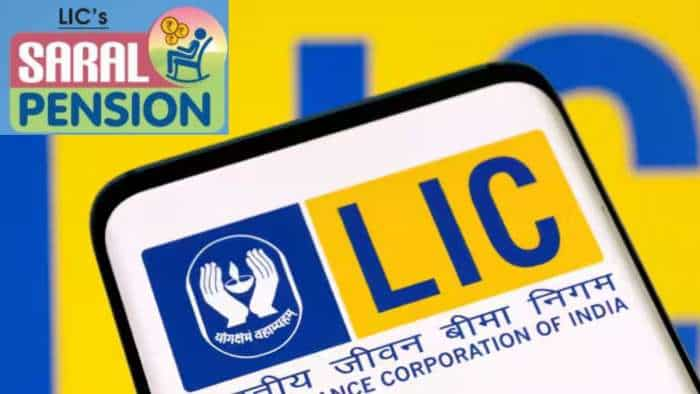
LIC Saral Pension Plan: How to get Rs 64,000 annual pension on Rs 10 lakh one-time investment in this annuity scheme that everyone is talking about

Gratuity Calculation: What will be your gratuity on Rs 45,000 last-drawn basic salary for 6 years & 9 months of service?
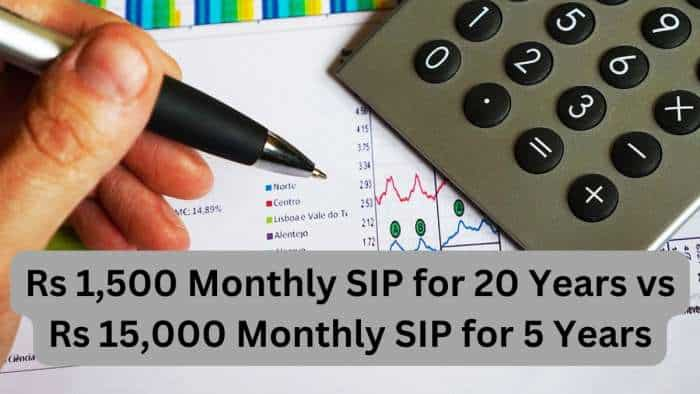
Rs 1,500 Monthly SIP for 20 Years vs Rs 15,000 Monthly SIP for 5 Years: Know which one can give you higher returns in long term

LIC Saral Pension Plan: How much should you invest one time to get Rs 64,000 annual pension for life?

Income Tax Calculations: What will be your tax liability if your salary is Rs 8.25 lakh, Rs 14.50 lakh, Rs 20.75 lakh, or Rs 26.10 lakh? See calculations

Monthly Pension Calculations: Is your basic pension Rs 26,000, Rs 38,000, or Rs 47,000? Know what can be your total pension as per latest DR rates
09:53 AM IST






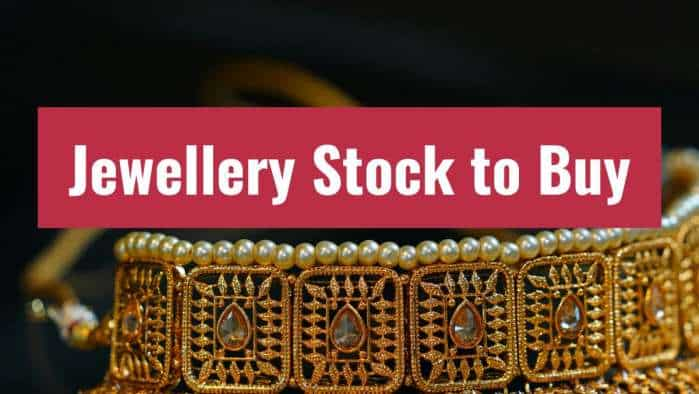

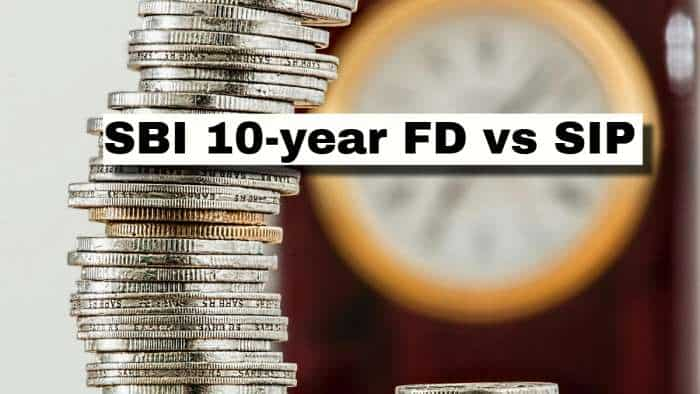
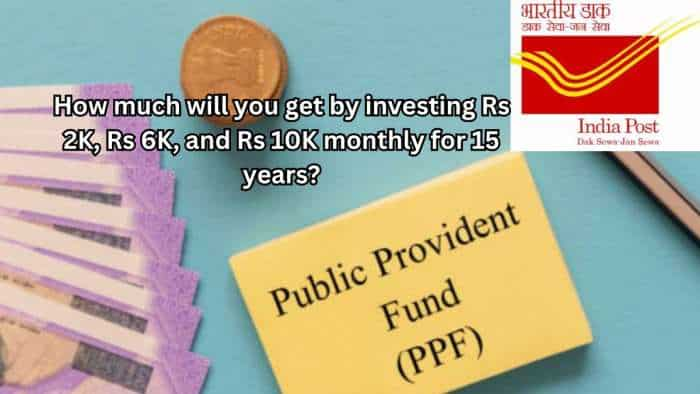

 Piramal Group arm Piramal Alternatives invests Rs 600 crore in this microfinance company
Piramal Group arm Piramal Alternatives invests Rs 600 crore in this microfinance company Moneyboxx Q1 results: Reports Rs 1.6 crore profit
Moneyboxx Q1 results: Reports Rs 1.6 crore profit Microfinance loan portfolio rises by 22% to Rs 3.48 lakh crore in FY23
Microfinance loan portfolio rises by 22% to Rs 3.48 lakh crore in FY23 MFI sector portfolio rises 21% in FY'23
MFI sector portfolio rises 21% in FY'23 Microfinance institutions set for better days, as collection improves, loan sales jump
Microfinance institutions set for better days, as collection improves, loan sales jump